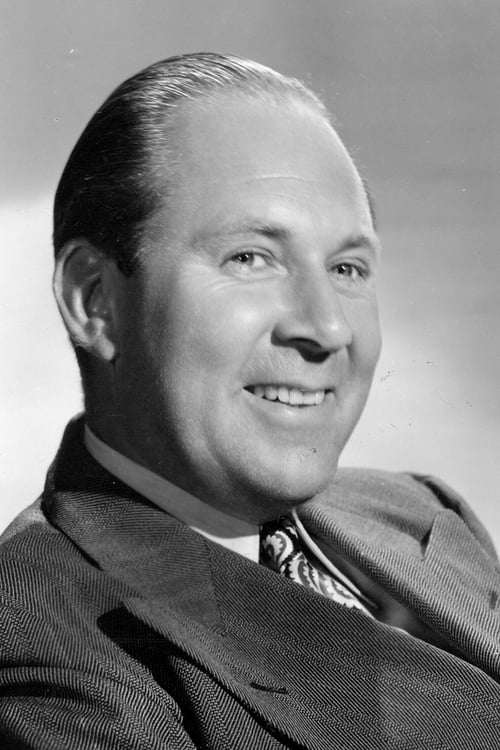The Story That Couldn't Be Printed (1939)
Genre : History
Runtime : 10M
Director : Joseph M. Newman
Synopsis
This John Nesbitt's Passing Parade short tells the story of John Peter Zenger, who in Colonial New York was tried for sedition based on what he printed in his newspaper.
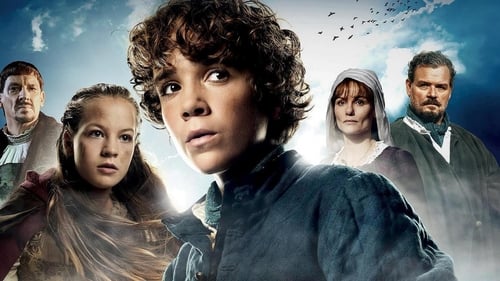
The film is set in 1521 Antwerp, in a Europe ravaged by religious wars, and during the early years of the Reformation. It tells the story of the twelve year old, Falko Voeten – a printer’s son. When Falko’s father, Klaas Voeten, a printer of forbidden literature, is caught by the Inquisition for printing a letter written by Maarten Luther; Falko is unwittingly propelled into helping his father and into searching for the letter. Threatened by the Inquisition but aided by Marieke, a Catholic orphan girl from the underground sewers, Falko is faced with a race against time if he is to save his father from being executed for heresy.

This MGM Passing Parade series short presents how separate events led to the creation of three provisions - freedom of speech, freedom of the press, and prohibition of the infliction of cruel and unusual punishments - in the U.S. Constitution's Bill of Rights.
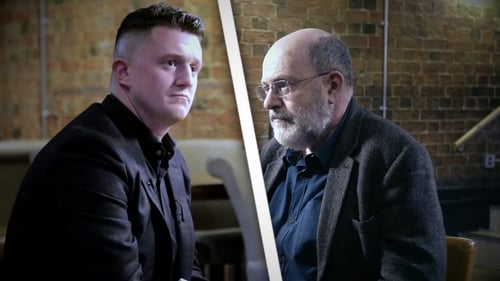
Tommy Robinson goes on the offensive by documenting how his own “hit piece” on his character was being constructed by the taxpayer-funded BBC for their popular investigative news special “Panorama.” In the film he manages to capture footage of the blackmailing of his former employees to invent stories, along with an organization—known as “Hope not Hate”—on set with the BBC, intimidating ex-employees of Robinson during interviews. The host of “Panorama” at the time of filming is caught on camera casually using racist and homophobic slurs during a £220 champagne lunch with the same ex-employee they had planned to coach for a fake interview in which the BBC would possibly edit in which to make it appear as, “a gender, a sexual thing against Tommy Robinson,” according to the host. Within 24 hours of releasing the film, social media giant Facebook made a public statement of their own and removed Tommy Robinson’s accounts permanently.
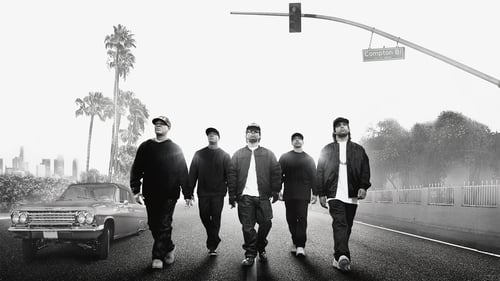
In 1987, five young men, using brutally honest rhymes and hardcore beats, put their frustration and anger about life in the most dangerous place in America into the most powerful weapon they had: their music. Taking us back to where it all began, Straight Outta Compton tells the true story of how these cultural rebels—armed only with their lyrics, swagger, bravado and raw talent—stood up to the authorities that meant to keep them down and formed the world’s most dangerous group, N.W.A. And as they spoke the truth that no one had before and exposed life in the hood, their voice ignited a social revolution that is still reverberating today.
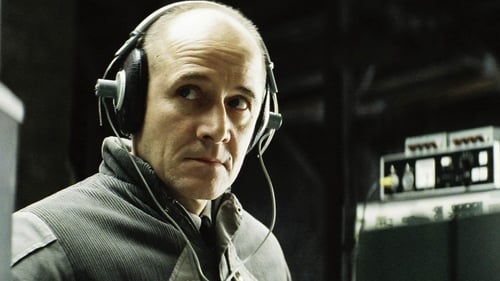
In 1984 East Berlin, an agent of the secret police, conducting surveillance on a writer and his lover, finds himself becoming increasingly absorbed by their lives.

The story of a Kurdish newspaper whose journalists are under the constant threat of being abducted and killed by the state security forces.
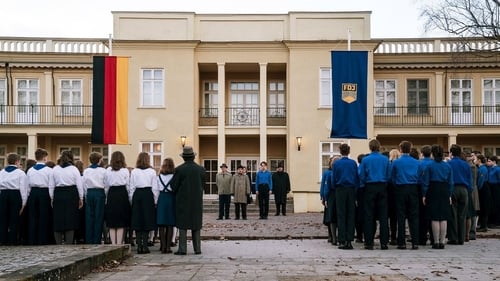
Stalinstadt, East Germany, 1956. While the Hungarian uprising against Soviets is taking place, teenage members of a classroom of the local school perform a seemingly harmless act that causes unexpected consequences.
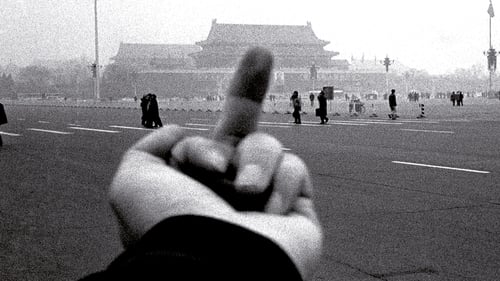
An account of the many tribulations that Chinese artist Ai Weiwei, known for his subversive art and political activism, endured between 2008 and 2011, from his rise to world fame via the Internet to his highly publicized arrest due to his frequent and daring confrontations with the Chinese authorities.
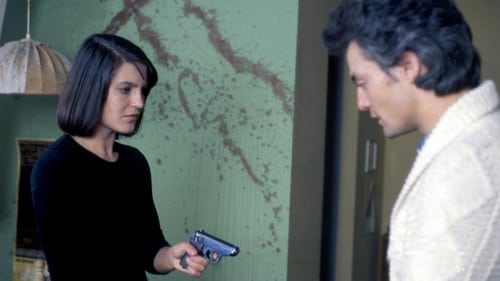
After a chance encounter with a wanted man, a woman is harassed by the police and press until she takes violent action.

This film explores the evolution of propaganda and public relations in the United States, with an emphasis on the elitist theory of democracy and the relationship between war, propaganda and class. Includes original interviews with a number of dissident scholars including Noam Chomsky, Howard Zinn, Michael Parenti, Peter Phillips (Project Censored), John Stauber (PR Watch), Christopher Simpson (The Science of Coercion) and others. A deep, richly illustrated study of the nature and history of propaganda, featuring some of the world’s most insightful critics, Psywar exposes the propaganda system, providing crucial background and insight into the control of information and thought.

“Silenced” is a film about the state of free speech in America.

Sent to prison along with his mother after her drug conviction, a young boy develops a warm, tender relationship with a political prisoner.
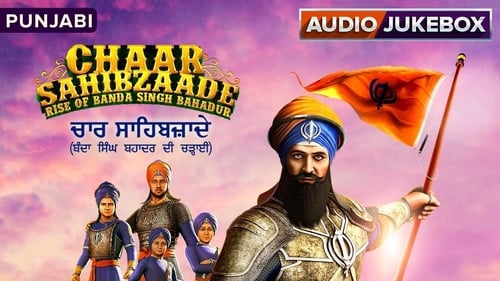
Chaar Sahibzaade is the first photo realistic' 3D animation film in S-3D on Sikh history. It is the real story of the sacrifices of the four sons of Guru Gobind Singh ji (tenth guru of Sikhs)- Baba Ajit Singh ji, Baba Jujhar Singh ji, Baba Zorawar Singh ji and Baba Fateh Singh ji.

Good Copy Bad Copy is a documentary about copyright and culture in the context of Internet, peer-to-peer file sharing and other technological advances.

In the realm of contemporary music, Adam “Nergal” Darski surely needs no further introduction. Yet the guitarist and singer has even made inroads into general pop culture and shaped social discourse, all the while not moving away an iota from the underground ethos his ongoing career is based on. Rising from his humble beginnings in Cold-war Poland to global fame with his band Behemoth, striving for musical excellence throughout the ignominies of life-threatening illness and dubious legal battles, staying deeply spiritual and focused during even the most casual appearances in mundane limelight, it is safe to say the 1977-born has many faces, the sum of which defies categorization. Satanist or dexterous money spinner? Academically certified historian or shallow media figure? Inspired and inspiring spokesperson of a generation or mere agent provocateur? Make your guesses...

More Dangerous Songs: And the Banned Played On features previously banned songs by the BBC including "Lola" by the Kinks, "Jackie" by Scott Walker and "(We Don't Need this) Fascist Groove Thang" by Heaven 17.
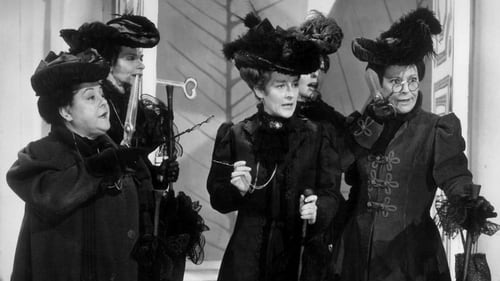
The Lecturer, leader of the Feminine League Against Frivolity, tells the history of eroticism and censorship from the beginning of time until the late 1960s.

Florida, 1994. Artist Mike Diana is convicted on an obscenity charge in the wake of an undercover police officer purchasing his limited edition zine Boiled Angel. Here is the very unusual story of what led to this First Amendment debacle happening for the first time in the United States.
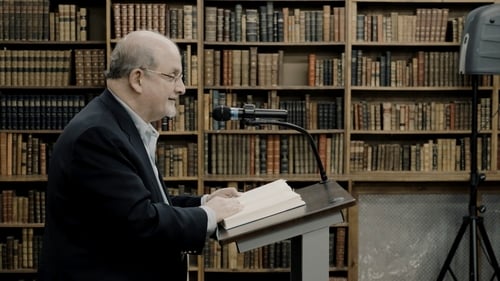
An intimate portrait, in his own words, of the Indian writer Salman Rushdie, author of The Satanic Verses (1988), thirty years after the fatwa uttered by the Iranian Ayatollah Khomeini: his youth in multicultural Bombay, his life in England, his many years of forced hiding, his thoughts on President Trump's United States of America.

How do you deal with threats of imprisonment for drawing a cartoon of the president? What does it mean if you are thrown out of your country for singing a song? How does it feel to be condemned for denying the existence of the Holocaust? An Independent Mind explores one of the most important and controversial human rights: freedom of speech.Through testimonies from eight people who have experienced problems as a result of expressing their personal opinions, filmmaker Rex Bloomstein explores the limits of freedom of expression. It is not always easy to to find out where these are. Obviously, it is not difficult to empathise with Reggae singer Tiken Jah Kakoly, who was forced to flee his native Ivory Coast, or with the Algerian cartoonist Ali Dilem, who was condemned to nine years in jail. But does the same apply to Holocaust denier David Irving or the Basque rock group Soziedad Alkoholika that ridicules victims of ETA violence?


